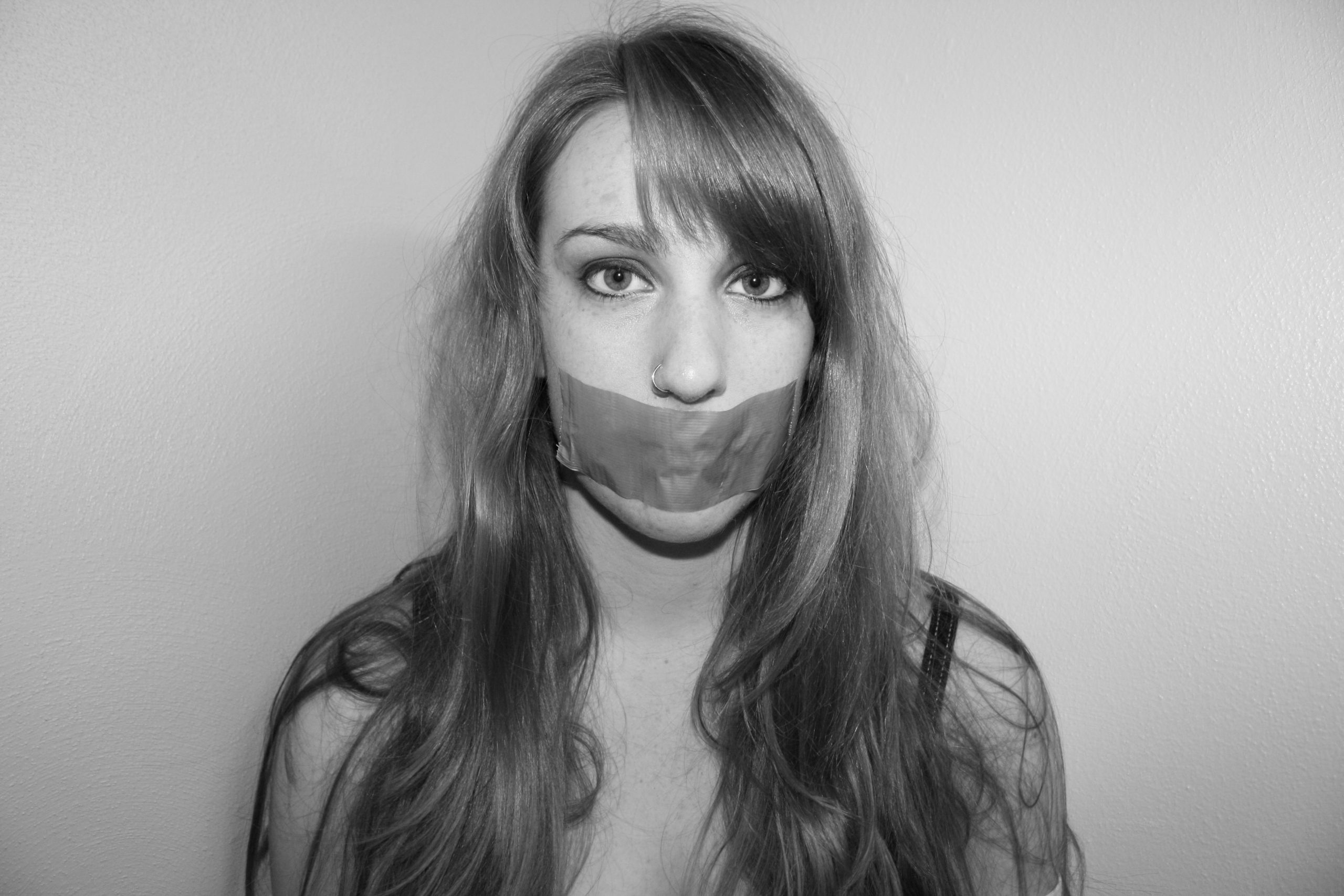Everyone has an opinion and everyone else has criticisms. It is impossible to do anything anymore without offending someone. Political correctness inhibits what people say, do and think, and these inhibitions shape the United States in everything from public policies and bills to the way history books are written. Being politically correct is, in essence, being censored. We wouldn’t need to be politically correct if people were not so easily offended, and people wouldn’t be so easily offended if they didn’t sweat the small stuff.
However, there are larger issues that people need to concern themselves with, such as the abuse of power by large organizations. The Motion Picture Association of America, for example, has unchallenged control of the censorship and ratings of all major motion pictures sold in mainstream stores and shown on the big screen.
While there are instances in which censorship is beneficial and even necessary (like the restriction of information on military operations in which full disclosure could risk public safety), much more often than not censorship is just not worth it. In fact, it’s PUDDING dumb. (Go ahead, censor me. I PUDDING dare you.)
The public school officials in Rochester, Minn. recently entered into litigation over the book And Tango Makes Three. The book is proposed to be banned after a parent complained that it was inappropriate due to its homosexual themes. Having read this children’s picture book, I can correctly say that it is a heartwarming tale of two homosexual penguins adopting Tango, a third penguin that is their child.
Nothing in this story merits its removal from public libraries and schools other than the fact that the protagonist couple are both male. This is clearly discrimination in the name of censorship. In the world of And Tango Makes Three, nothing is black and white (pardon the pun). This is a controversial and larger issue, in which the discrimination against gays is openly endorsed, and it deserves time, energy and effort more than hurt feelings.
Whenever someone creates an artistic work, whether it be in music, visual arts or literature, they are baring part of their soul and placing their blood, sweat and tears up for criticism. Criticism is good when constructive, but bad when that criticism is pushed, too far, into censorship.
Censorship prevents the free expression of opinions and thoughts. That’s the good thing about the United States; ideally, we can’t be reproached for our thoughts and feelings nor forced to conform to the belief patterns of the majority.
In Mean Girls, Cady is criticized and censored for her view point because it differs from the majority. She conforms only to realize that the majority was way too concerned with trivial things. Cady grew up and realized that everyone has an opinion and sometimes you have to risk looking like a bitch to express your ideas, thoughts and opinions.

>>> Going by most of the domain names there, the wetsibes look to host some sick stuff. Not brave enough to click on any of the links though.Kyle, I find your repsonse mystifying. Are you disputing the results I obtained? Or are you committed on principle to a fact-free discussion?It’s as though an Emperor walks past, stark naked. Everyone chatters about his cloak. Then a kid points out there is no cloak . Next they all start chattering about the cloak, just like before. I imagined someone might well dispute my very quick survey of the so-called Danish banned list’ or come up with a better analysis. I did not expect it to be completely ignored by people who apparently think otherwise but choose not to experiment in order to find out. Clearly my knowledge of human pyschology is rudimentary.